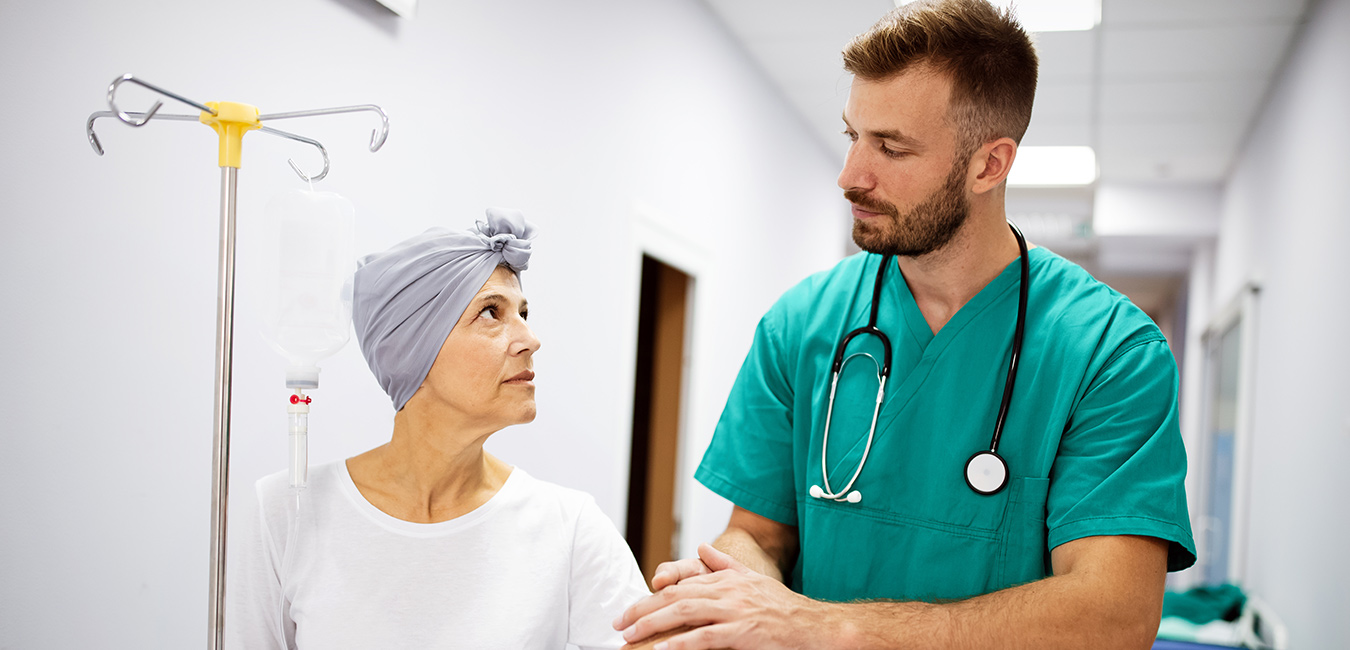When you are diagnosed with cancer, heart disease is the last thing on your mind. But there’s a growing awareness of a link between cancer and heart problems. Recent research in Nature Communications that looked at more than 7 million cancer survivors showed that the risk of death from heart disease among cancer patients is 2 times greater than that of the general population.
Cancer and heart disease share some common risk factors, especially those related to lifestyle habits and obesity. That may explain some of the connection.
Some cancer treatments may also worsen existing heart problems or contribute to heart-related side effects, such as high blood pressure, abnormal heart rhythm, and/or heart failure. For instance, a small percentage of people treated with new cancer drugs known as immune checkpoint inhibitors, developed inflammation of the heart, called myocarditis, a 2018 study in Lancet found.
However the link is explained, people diagnosed with cancer should keep an eye on their heart health throughout treatment and afterwards. More and more people are surviving cancer, so taking care of your heart and being sure your heart disease risk factors are well controlled is particularly important.
The connection between heart problems and cancer has led to a new medical field, called onco-cardiology. Doctors in this field study the links between specific cancer treatments and heart side effects.
They are also trying to learn how to monitor cancer patients for heart problems and which patients to follow closely. For instance, during treatment, patients might get imaging tests as well as tests of biomarkers for heart disease risk. The results could help doctors adjust treatment to avoid or minimize their patients’ heart problems. And some medications have been shown to limit the damage to your heart.
Patients need to be aware of this connection and do all in their power to keep their heart healthy—whether they are facing cancer or not. Keep in mind that your risk for heart problems is higher than the risk for cancer overall. Heart disease is still the number one killer of men and women.
With that in mind, try the following:
Keep a healthy weight.
Or at least a healthier weight. It turns out that you don’t have to be the “biggest loser” to boost your heart health. Shedding just 5% to 10% of your total body weight is likely to produce improvements in blood pressure, cholesterol, and blood sugar levels, according to the Centers for Disease Control (CDC). If you weigh 200 pounds, 5% is just 10 pounds!
Eat at a healthy diet.
The Mediterranean Diet and other plant-based eating patterns are the ones that get heart-healthy results. These diets focus on fruits and vegetables; fish, poultry, and other lean protein; whole grains; nuts and seeds; and olive oil and other healthy fats. People on this type of diet also go light on added sugar and salt.
Kick the habit.
Smoking can lead to both cancer and heart disease. But it’s really never too late to stop. Need help? Call the toll-free quit line, 1-800-QUIT-NOW (1-800-784-8669), to get information and support to help you give up cigarettes.
Exercise on a regular basis.
A daily walk or time on a bicycle can keep your heart in good working order. But check with your doctor first, especially if you are undergoing cancer treatment. On warm days walk with a family member or friend and be sure to practice social distancing. If it’s too cold or the weather isn’t cooperating, march in place, dance, do exercises in front of the TV, or peddle a stationary bike.
Small changes can often lead to big benefits. So even if you don’t go all out on these measures, you will find your heart in better shape to withstand life’s challenges—including a cancer diagnosis.

